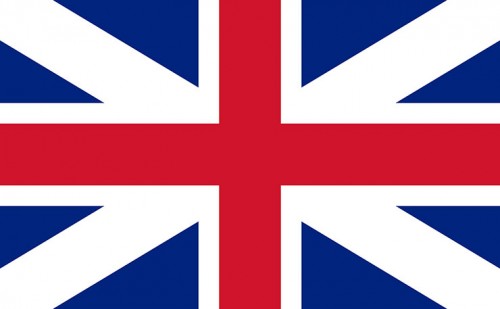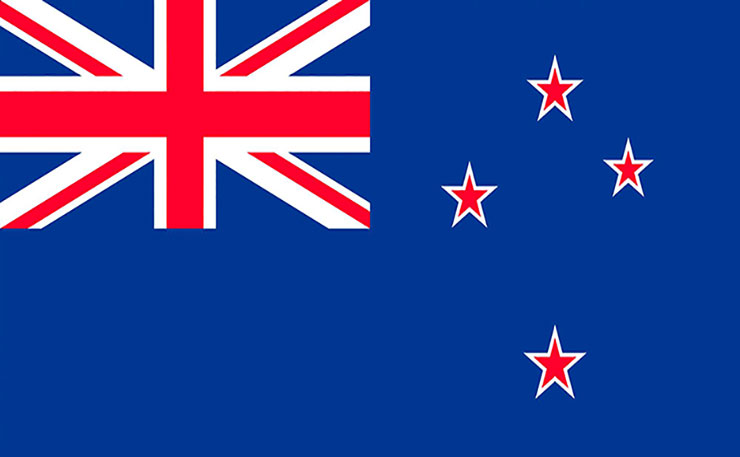As the debate around the appropriateness of January 26 as our ‘national day of celebration’ dies down for another year, Max Chalmers looks at the dates other Commonwealth nations reserve for their national day.
If there was anywhere you might expect to find the ever-dimming fires of the British Empire still alight it would surely be among the nations comprising the Commonwealth. From the tiny African island of Mauritius, to emerging superpower India, and across the scattered islands of the Caribbean and Pacific, colonialism has left a varied legacy.
Yet even in this sphere, where British legal and military power sought to extend vine-like over local tradition and land, Australia stands out as distinctly Anglophilic, bearing a strange mark left on no other nation.
Of the 53 countries who remain signatories to the Commonwealth Charter only one commemorates the successful invasion of its own lands with a holiday. Australia is the only nation which places the beginning of its own colonisation as the central day of national celebration.
January 26 has come and gone for another year and, despite the meta-whinging of those who see the day as one on which to turn a blind eye, the case against retaining the date of the First Fleet’s arrival as a national holiday feels like it’s growing, inching forward as its simple logic is repeated. This was the day that hundreds of years of dispossession and dislocation began for First Nations peoples. Neither genuine reconciliation nor a million classic backyard cricket catches can ever change that fact.
The selection of this anniversary for a day of mirth looks all the more grotesquely ironic when you compare the dates and stories behind similar occasions elsewhere in the lands once ruled by Britain. Nowhere in the Commonwealth will you find an equivalent.
 England
England
In England itself Saint George’s day – not even a public holiday – recalls the death of the country’s patron saint. Needless to say there’s no holidaymaking to be had on October 14 either, the anniversary of the Battle of Hastings, generally held to be the last time England was militarily conquered. The Queen’s birthday, a makeshift national day also celebrated in a number of other Commonwealth nations, is the other major event.
 New Zealand
New Zealand
In New Zealand the date of the signing of the Treaty of Waitangi, an agreement reached between the colonisers and Māori already inhabiting the land of the long white cloud, is marked each year on February 6. Admittedly imperfect, that treaty is a reminder of just how retrograde Australia remains, a country still unable to contemplate such an agreement with its own First Nations peoples.
 Canada
Canada
Canada Day, which falls annually on July 1, also has colonial roots and falls on the day of federation, when three colonies were bound to a single nation.
 America
America
While no longer in the Commonwealth, The United States of America’s national day is Independence Day, celebrated on July 4th. The date marks America’s independence from Britain.
Yet none of these countries set the arrival – the actual physical appearance of white people – as their foundational moment. In this way Australia stands alone: what we are celebrating is day one of a racial transition, the whiting of a black continent. Australia Day, unlike any comparison, goes beyond reflections on empire, culture, tradition, or reconciliation. It’s about race.
Looking further abroad among our Commonwealth cousins a trend starts to emerge. Dates on which independence is declared, a republic formed, or a post-colonial constitution signed feature most often. Common too are holidays marking colonial massacres. In Asian and Pacific nations it’s emancipation that is celebrated, the breaking from domination.
In terms of memorialising the ferrying of prisoners to a penal colony there is some precedent admittedly, though with a rather significant twist. Both Mauritius and Guyana set days aside to remember those forced to their shores as indentured labourers, with the former also holding a public holiday on the anniversary of the abolition of slavery. A little more noble than the occupation of New South Wales, you might suggest.
Consider also the case of Rwanda, which has set aside a public holiday for remembrance and mourning to mark the Tutsi genocide of 1994. This in a nation where the group responsible for the killings, Hutus, form a massive majority to this day. Don’t mention the Myall Creek massacre on a public holiday in Australia though – you might ruin someone’s game of cricket.
It seems of all our 52 fellow Commonwealth members just one puts forward a similar case study. In South Africa a holiday drawing its origins from The Battle of Blood River – in which white Voortrekkers defeated Zulu forces – was initiated during the post-Apartheid era. In a supreme act of balancing out, however, that date also happens to be the anniversary of the founding of the African National Congress’s paramilitary wing. The holiday is now called Day of Reconciliation.
Without trying to be glib about the complex histories of nationalism, anti-colonialism, and race relations in these countries, Australia is clearly isolated when it comes to the choice of its national day.
As Arrernte woman Celeste Liddle convincingly argued earlier this week, a lot more than a change of date will be necessary to make the event one of genuine unity and solidarity.
Donate To New Matilda
New Matilda is a small, independent media outlet. We survive through reader contributions, and never losing a lawsuit. If you got something from this article, giving something back helps us to continue speaking truth to power. Every little bit counts.





